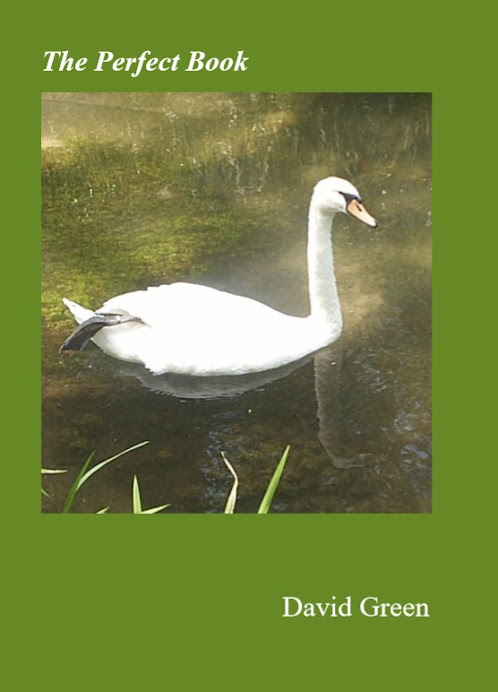One of my recurring themes here, from time to time, is to celebrate that art that makes no claims to 'individuality'. I like to bemoan a number of things that come with 'Romanticism' but the way that the individual artist is made central to it is the main one. As below, Milan Kundera, in Immortality sees through this pre-occupation and goes further with,
Beauty, more than ugliness, reveals the non-individuality, the impersonality of a face.
Beauty, if one likes, is symmetry, classicism and the absence of idiosyncratic features. It is what Kundera is best at, overturning assumptions in his de-constructing, postmodern way.
He also questions novels that,
are much too obedient to the rules of unity of action
in which,
at their core is one single chain of causally related acts and events.
It is by way of a brief meditation on his own art, perhaps not unlike the play-within-a-play in Hamlet where Shakespeare allows himself some reflections on the theatre during his most personal and thoroughgoing piece of work.
Kundera, some might say, gives the traditional idea of the novel a wide berth but that only leads back to another theme that recurs here, that writing is 'writing' and which genre it is put into matters less. It makes little difference whether something is a poem, a sonnet, a sestina or a prose poem. All it has to be is 'any good'.
Writing is about the words, music about the notes, painting about the paint. Many years ago hearing a rapper insisting that their doggerel expressed their individuality was as absurd as the idea that denim jeans did anything similar in the 1970's, or the black polo neck in the Existentialist 1950's. No, they were all just other uniforms.
And, in the same way that, bringing together so many favourite ideas in so few sentences, I like to say that poetry can do whatever it likes and there are no rules apart from those one decides to acknowledge, there's quite a few dictums packed into that short space. It all folds back into itself.
One issue with writing is that some readers might be familiar with much of what one's written whereas others might never have read anything you've written before. Whereas for some it's the same old song, others might conceivably never have read such devastating insights and find their freshness utterly thrilling.
It might be applied more practically with some thoughts on the Goldberg Variations and Danny Driver in the Menuhin Room tomorrow.
One last busy spell before the onset of the dog days of summer begins there. Portsmouth Baroque Choir are in Gosport on Sunday afternoon, then it's end of term at Chichester and Portsmouth cathedrals on Tues and Thurs lunchtimes.
From the ridiculous to the sublime, the two main features are scheduled to be Anthony Seldon's Johnson at 10 and Laura Cumming's Thunderclap. It is possible to look forward to two such different books in entirely different ways. One because one thinks one knows much of it but, in order to believe it, wants to see it set out yet again; the other because it's written by a great writer about a painter one wants to know anything there is to be known about him, Carel Fabritius, and they don't come much more compelling than him.









